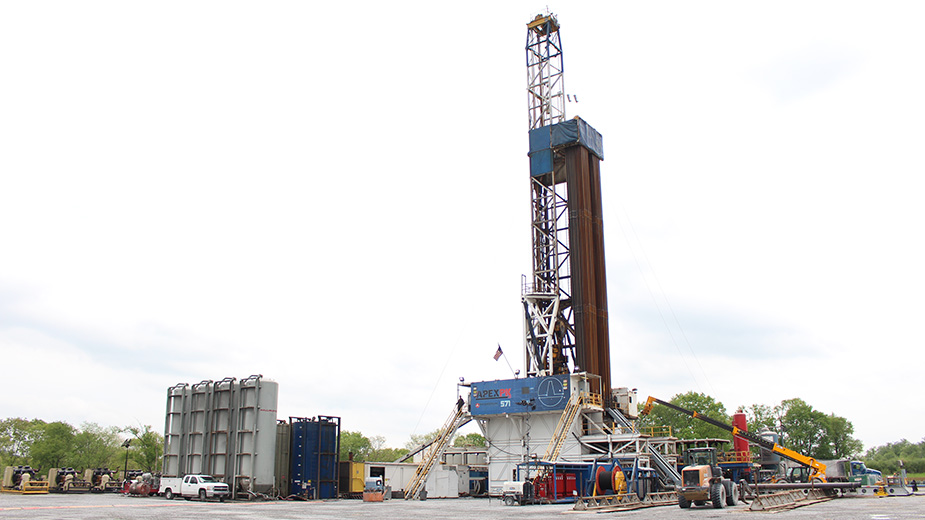US Chamber Calls for Release of Fracking Study
WASHINGTON – The U.S. Chamber of Commerce is calling on the University of Cincinnati to release a study that reportedly shows that hydraulic fracturing doesn’t contaminate ground water.
The three-year study analyzed wells across Carroll County, where most of the hydraulic fracturing and horizontal drilling has occurred in Ohio’s Utica shale.
In February, participants in the study told a group in Carroll County opposed to hydraulic fracturing that the study showed no ground or water contamination was tied to horizontal drilling activity.
Dr. Amy Townshend-Small, a geology professor at the University of Cincinnati, said that the research showed that all of the samples taken “fell within the clean water range and they did not find any changes over time in either any of our homes during the time.”
The energy advocacy group Energy In-Depth posted her presentation on YouTube.
The study collected 191 water samples from private wells that were taken before, during, and after nearby horizontal wells were drilled.
A few samples contained high levels of methane, but the research determined that the contamination was caused by coal bed methane, not hydraulic fracturing.
She also told the group that the findings would not be made public because some of the groups that helped fund the research were disappointed at the results.
“They feel that fracking is scary and so they were hoping our data could point to a reason to ban it,” Townshend-Small said at the meeting.
However, Sean Hackbarth, senior editor for the U.S. Chamber’s digital content, reported last week that the research team used a stable isotope ratio mass spectrometer to test the groundwater samples to determine the source of methane found in the water. The university purchased the spectrometer through a $400,000 grant from the National Science Foundation and the research team used the equipment to conduct its study.
Hackbarth says that the National Science Foundation grant requires that any results from research projects should be made available to the public. According to the grant language, research findings based on the use the instrument are to be “disseminated through student and faculty presentations at national and international scientific meetings, publications in peer-reviewed journals, and online data repositories. …
“The University of Cincinnati should hold up its end and add to the public’s knowledge of hydraulic fracturing’s safety,” Hackbarth writes in behalf of the U.S. Chamber. “With so much misinformation being pushed by hydraulic fracturing opponents, a short presentation in front of a few people southeast of Canton, Ohio just doesn’t cut it.”
State Rep. Andy Thompson, R-Marietta, has also called on the university to release its research. His district includes natural gas-rich fields of the Utica in Belmont, Carroll and Harrison counties.
Copyright 2024 The Business Journal, Youngstown, Ohio.



